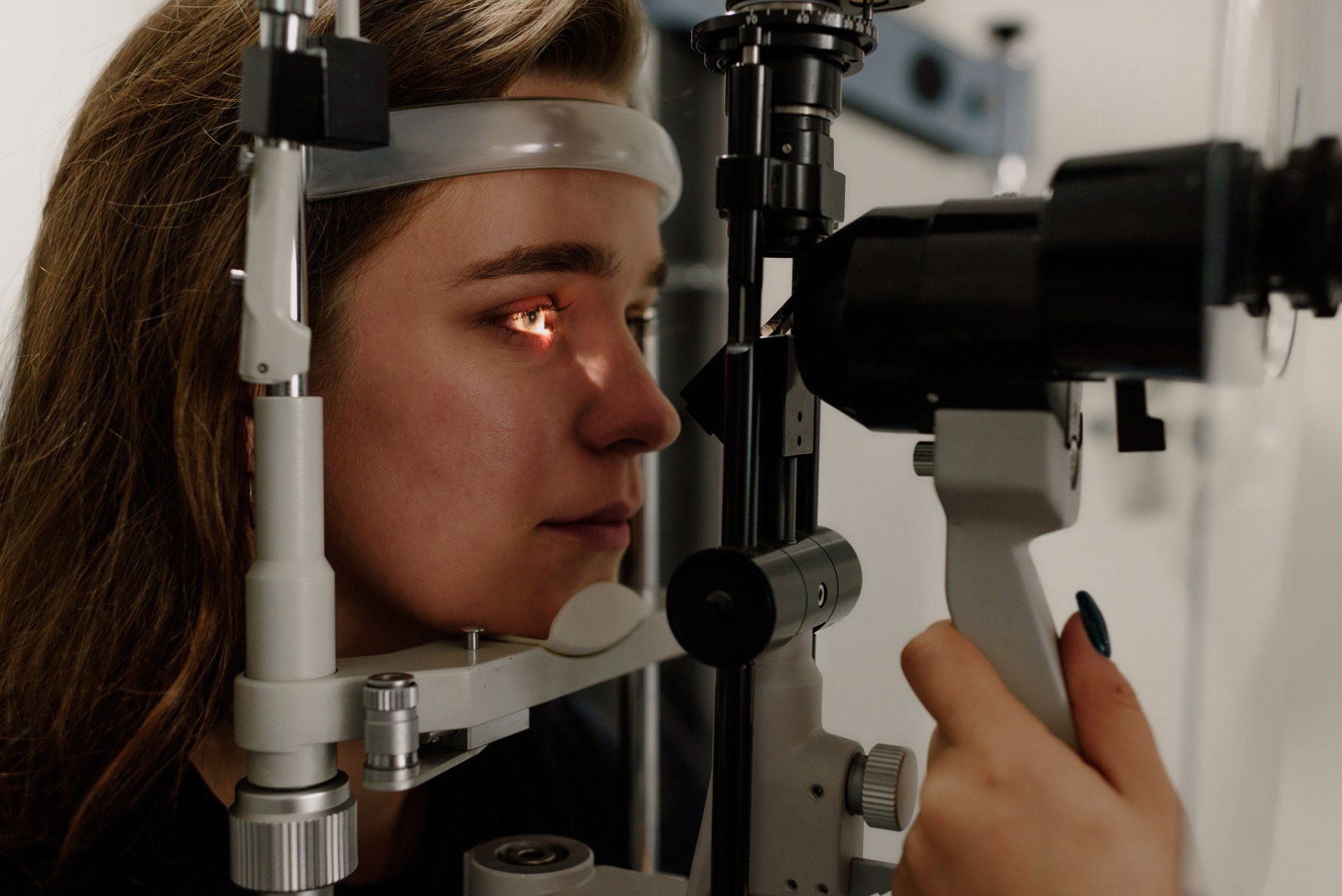Understanding the right questions to ask when considering LASIK

Considering LASIK? Do your research, we’ll help.
If you’re considering LASIK, chances are you’ve already done some research or at very least asked your family and friends for recommendations. Our providers at Talley Eye Institute encourage research but have some guidance to offer when evaluating laser vision correction providers, it’s not an apples to apples comparison.
Call for information, dig into websites
Once you’ve narrowed down your search, make some calls and delve into websites for information on both the surgeon and technology used. Is the surgeon board certified, fellowship-trained? How many procedures have they done? What type of technology does the surgeon use, is it all-laser, and how old is their equipment?
When you are reaching out to providers to learn more or ask questions, be sure the person on the other end of the phone handles you with courtesy, respect, and provides you with quality information that helps guide you in your decision-making process.
Discuss with your trusted optometrist
If you have an optometrist, you’ve likely built a relationship with them and they know your eyes well enough to have a general idea on your candidacy for LASIK. Most optometrists also have a good idea of the best surgeons in town to refer to. Once you get a recommendation, you can begin your own research for the best provider for your eyes.
Consider the source
When evaluating online reviews and recommendations, equally as important is considering, what or whom is the source? While reviews and ratings certainly hold value, not all are created equal and not all are honest or unbiased. Make sure your source is legitimate, trustworthy, and factual. Consider getting recommendations from a few different sources.
Discounts don’t always equal quality
Practices that offer coupons or exceptionally low prices often don’t provide patients with all the information. Some LASIK centers don’t disclose that the rate they quote doesn’t include hidden fees for particular prescription treatments, additional appointments and/or enhancement treatments. Also, if their price seems too good to be true, it’s worth some additional scrutiny and research to evaluate why. After all, would you really want a “clearance price” surgeon? There are many times in life you look for deals, eye surgery shouldn’t be one of them. While obviously important, price shouldn’t be the only factor in the equation. Often times, centers with higher prices offer a more comprehensive package. Transparency from your provider is of utmost importance, you want a provider with integrity who will not only disclose all fees, but one who is not afraid to discuss all of the fees in detail.
Discount providers may simply value volume over patient experience, technology, and training. Bottom line, don’t cut corners when it comes to your vision! LASIK is an investment; look for quality and expertise over discounts and deals.
Technology + experience
Technology is important, but equally important is the operator of the technology. While the latest technology is certainly impressive, you also want the “driver behind the wheel” to be experienced and well-trained. As previously discussed, here are a few good questions to ask:
What type of training has the surgeon had? Do they have fellowship credentials? How many procedures have they performed? Are they experienced in what warning signs to look for to rule out someone for LASIK? Are they experienced and comfortable in handling all prescription types?
Consultation process
A complete and thorough examination of the eyes is critical prior to undergoing LASIK to ensure the overall eye is healthy and fit for refractive surgery. Diagnostic testing in the way of corneal mapping/topography and other specialized testing and scans help identify any underlying pathology that could preclude someone from surgery. You don’t want a surgeon who ignores anything that could be a contraindication for LASIK just to make a buck. Make sure your surgeon has your best interests at heart and does thorough testing with state-of-the-art equipment.
Overall transparency
Not all patients are refractive surgery candidates and it takes a qualified, experienced surgeon and advanced diagnostics to determine this. If you’ve been told by one doctor you’re a candidate and by another that you’re not, again…it’s best to consider your sources and which physician has your best interests at heart. It’s also important to remember the fact that no surgeon should ever overpromise when it comes to results. You want a surgeon who is open and honest about risk versus benefit to any procedure along with a good explanation of why a certain treatment recommendation has been made.
During your consultation, you should be given plenty of opportunities to ask questions and have your questions answered to your satisfaction. Don’t be afraid to ask hard questions!
About Talley Eye Institute
At Talley Eye Institute, we strive to provide our patients with the very best in compassionate patient care, technology, and expertise. Dr. Dwight Silvera is a fellowship trained LASIK surgeon through the renowned University of Iowa (top 5 Ophthalmology institutes in the nation) and has performed over 18,000 refractive procedures. We employ the very latest in all-laser LASIK using Intralase and wavefront-optimized technology. Dr. Silvera himself sits down with each and every LASIK patient during their consultation to review all testing, measurements, treatment recommendations and ensuring your peace of mind by answering all questions to your satisfaction. Our consultations are complimentary, and our dedicated staff are here to guide you throughout the entire process. We also offer many financing options to help make LASIK more affordable than ever. Call our LASIK Coordinator today at 812-424-2020 to schedule your free consultation and learn more today! We Care, You'll See.













